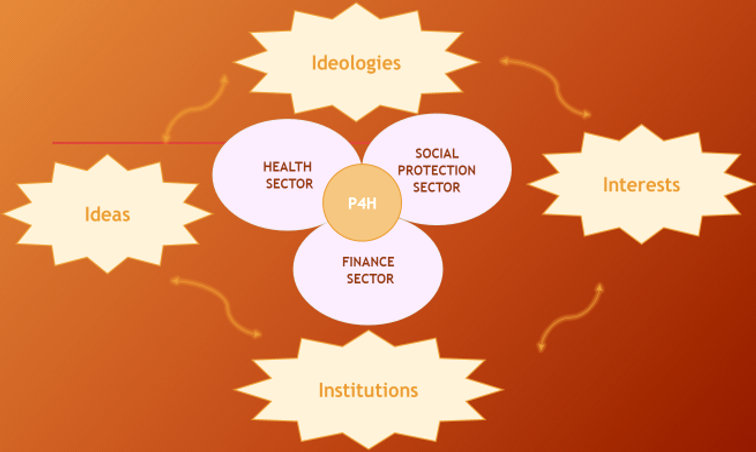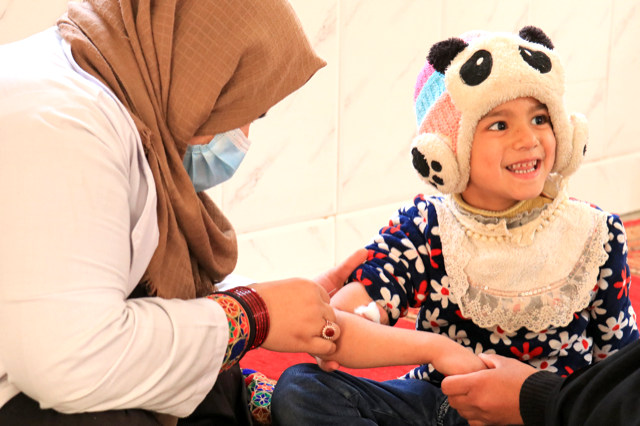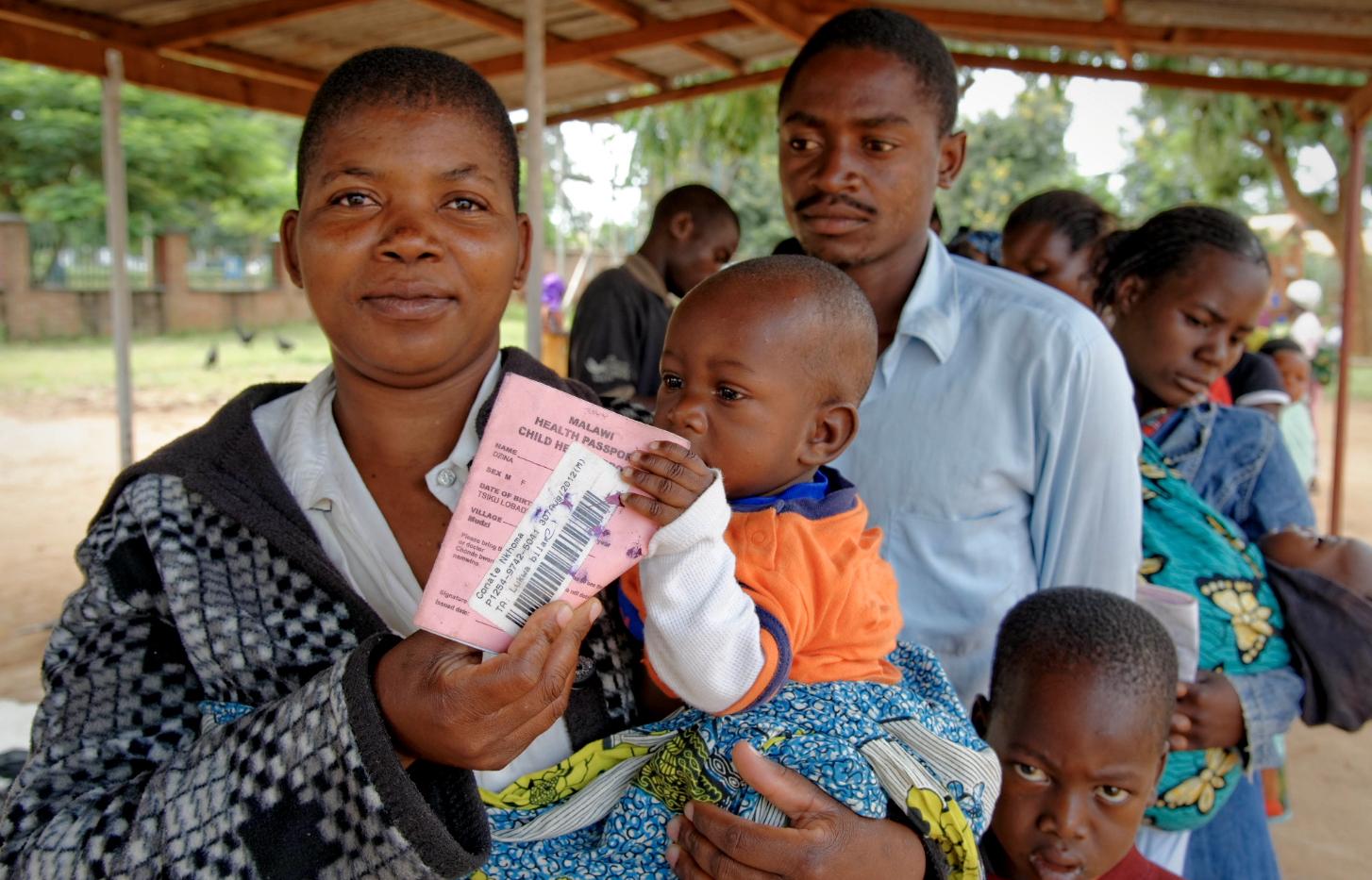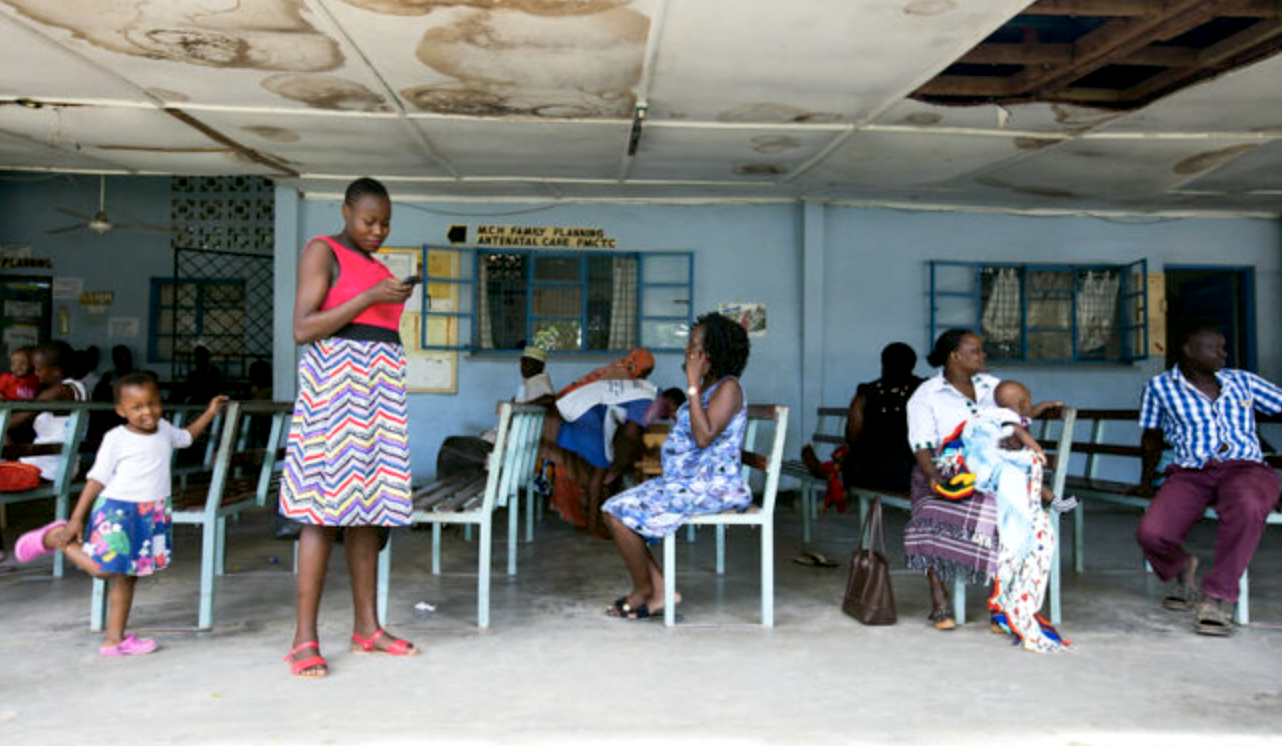
Episode-based Payments in Health – An innovative proposal for Health Plans at the CLAVS 25 congress
André Medici es consultor sénior internacional en economía de la salud y estrategia de desarrollo sanitario - Autor en el blog Monitor de Saude | Doctor en Historia Económica.At the Latin American Congress on Value in Health (CLAVS 2025), held in Rio de Janeiro on...

Financing for Future Pandemics: Three Strategic Shifts We Need Now
The Pandemic Treaty offers a unique chance to transform global pandemic financing. By enhancing the IMF’s Resilience and Sustainability Facility (RSF), adopting innovative funding models, and improving coordination, the world can shift from reactive to proactive...

Rare diseases in France: a subject taken very seriously
France's 7000 rare diseases affect more than 3 million people. France is a pioneer in Europe in implementing a national plan for rare diseases. They are reimbursed up to 100% by the French Assurance Maladie. [ba_gradient_heading title="What is a rare disease?"...

Official development assistance for health: an expected 40% reduction
Decisions by Organisation for Economic Co-operation and Development (OECD) Development Assistance Committee (DAC) members to freeze or cut aid disrupt health services in low- and middle-income countries, risking a 40% drop in health aid by 2025 and worsening workforce...

Containing costs and nudging doctors and hospitals towards policy goals in Japan
Japan controls health care costs with a fee schedule setting prices and billing conditions. The fee schedule is revised biennially to align with policy goals. Annual price cuts for pharmaceuticals and devices create fiscal space for priority areas. This approach could...

Big Tobacco Continues to Thrive off Health-Harming Products
Tobacco, alcohol, and sugar-sweetened beverage (SSB) industries showed strong financial performance during and after the pandemic, despite initial setbacks. Experts urge raising health taxes to curb consumption and offset industry resistance. This blog post was first...

P4H Political Economy Tool: An approach to enhanced partnership
The P4H Network created a political economy framework to help P4H country focal persons (P4H-CFPs) advance social health protection (SHP) and health financing (HF) reforms. Piloted in Cambodia and Cameroon in 2023, it aids P4H-CFPs in understanding national political...

Government purchase of private health services in the Eastern Mediterranean Region
The EMR shows large-scale, domestically funded initiatives of government purchase of private healthcare. Formalised stewardship efforts are underway for better quality and more efficient payments. The outstanding needs is to establish a coherent national direction....

New Framework Aims to Assess Domestic Financing for Health Policy and Systems Research
Health Policy and Systems Research (HPSR) is vital for creating robust, evidence-based health policies, improving health system performance, and ultimately enhancing the well-being of populations. However, domestic financing challenges for HPSR can pose significant...

Social Protection for Health and Wellbeing
Universal health coverage (UHC) and universal social protection (USP) are complementary objectives embedded in the 2030 Agenda for Sustainable Development. With only few years left to meet the SDG targets, it is urgent to strengthen those synergies. Health and...

Realising sustainable financing for primary health care in Tanzania
Tanzania prioritizes primary health care for Universal Health Coverage, achieving progress in reducing under-five and maternal mortality. However, neonatal mortality stagnates. Despite financing challenges, Tanzania progresses towards sustainable health financing,...

Key highlights from the 2023 Montreux Collaborative meeting
The 6th meeting of the WHO Montreux Collaborative on Fiscal Space, Public Financial Management and Health Financing[1] was held in Montreux, Switzerland from 14-16 November 2023. High-level finance and health-ministry representatives, development partners, and...

World Leaders’ Must-Do List in 2024: Next Steps to Secure Pandemic Financing
The Center for Global Development (CGD) gathered a group of experts who've been working on pandemics and pandemic financing. The purpose of the event was to map out the next steps for the pandemic financing agenda, and identify some specific areas for policy and...

Is Health Financing Gender Biased?
We take for granted the way health programs are financed—and often forget that there are biases in financing functions that undermine equitable access to health care. For instance, through gender advances, women now decide on contraceptive use and childbearing. Yet...

Gender blindness in social health protection could deter Africa’s progress towards universal health coverage
In recent years social protection has gained increased recognition as a powerful tool for poverty alleviation and vulnerability reduction. The International Labour Organization acknowledges its significance, and it's explicitly incorporated into the United Nations...
